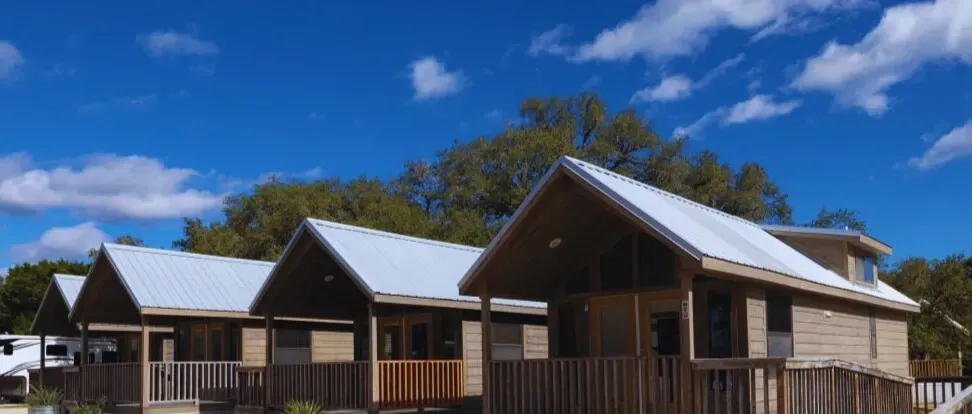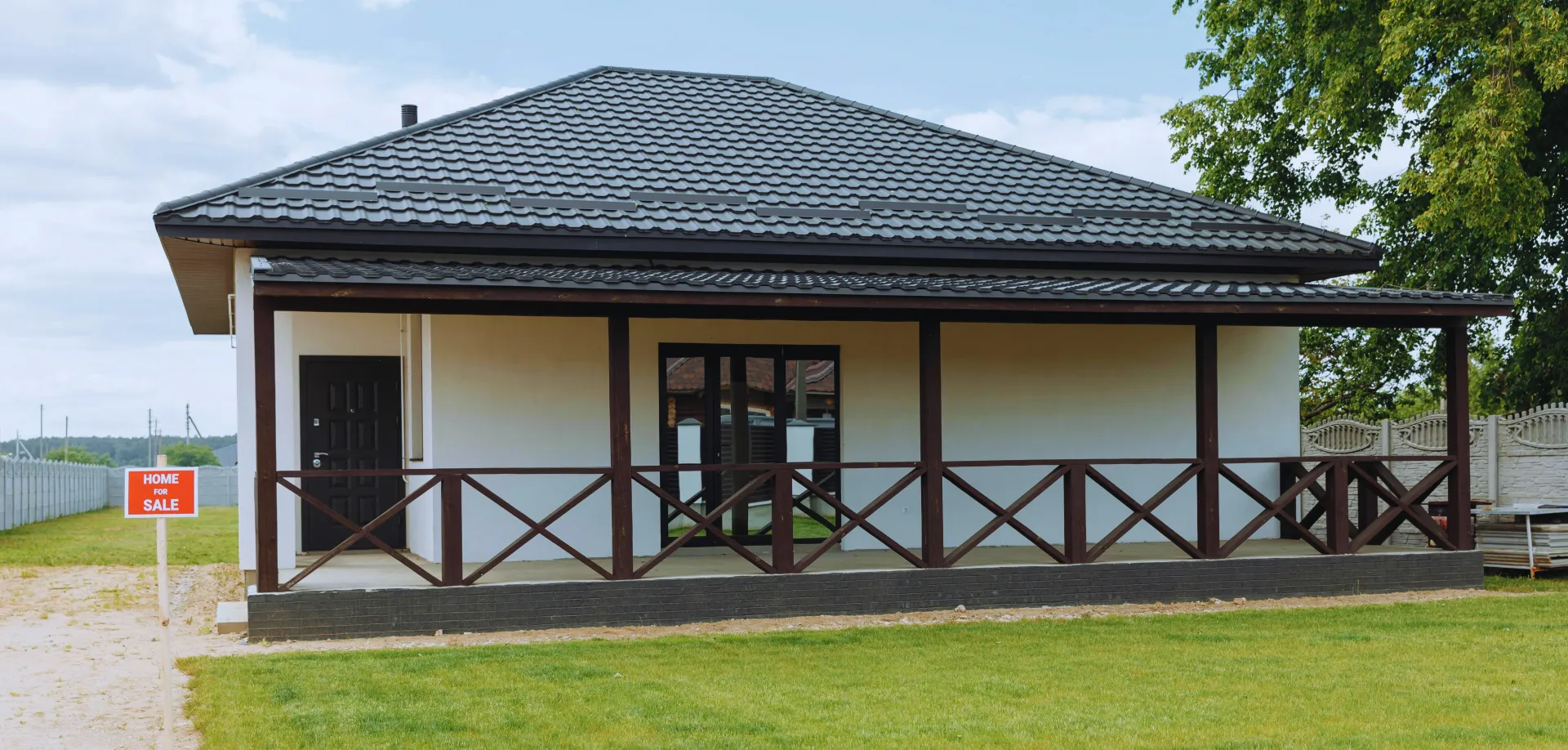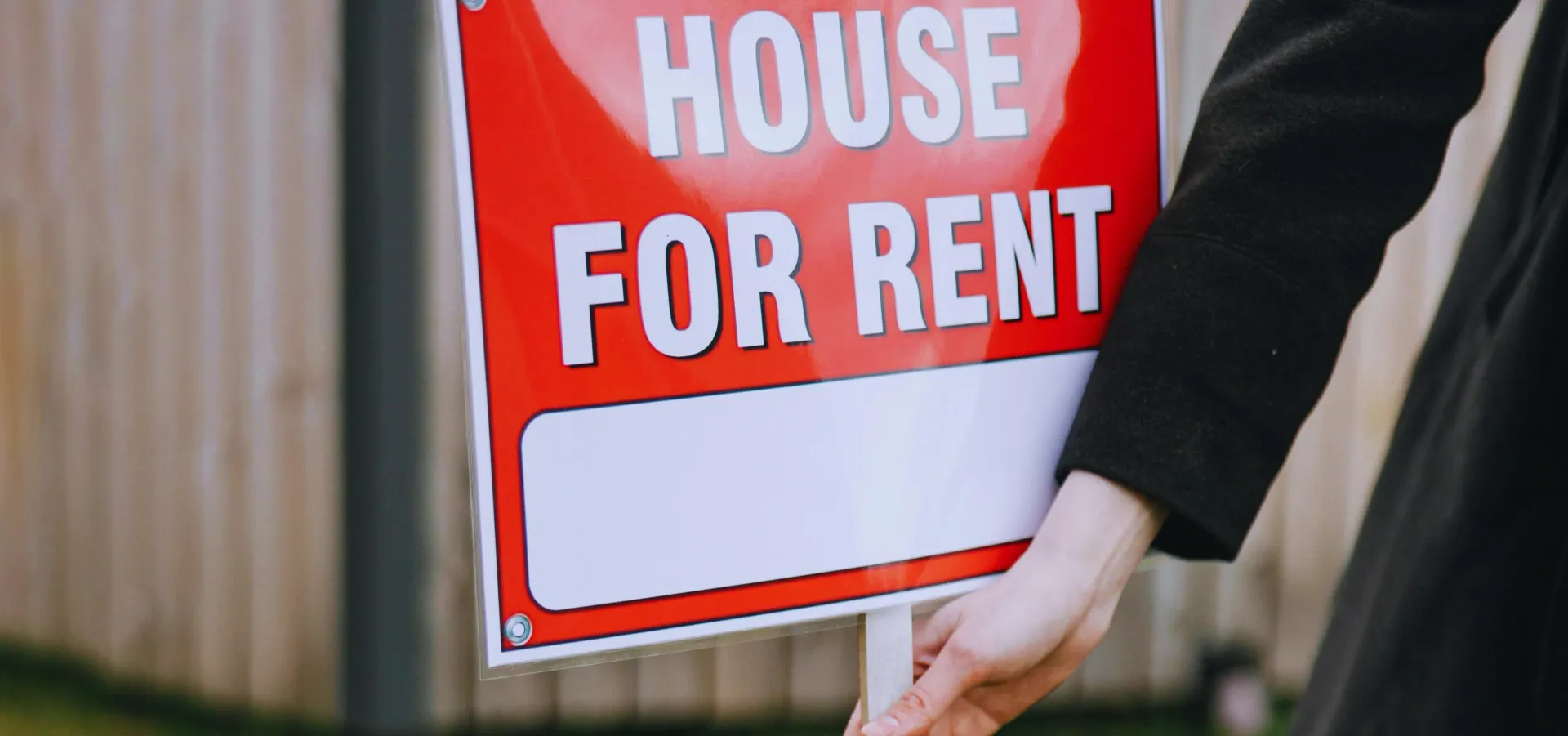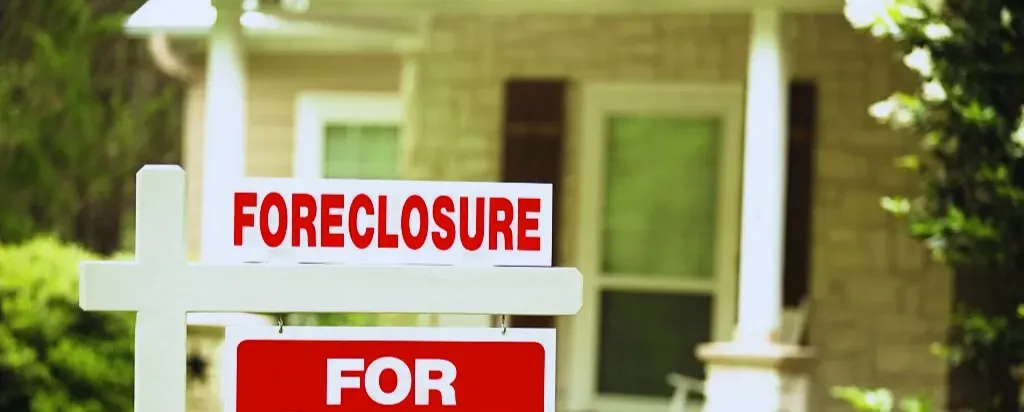Essential Steps Every Home Seller Should Take Before Listing
Selling your home is more than just putting a "For Sale" sign in the yard. It’s a complex process involving strategy, emotion, and timing. Before you list your property, it's crucial to understand what lies ahead—this includes marketing, showings, negotiations, and paperwork. Most importantly, the early steps you take can significantly influence how quickly your home sells and for how much.
Being prepared is not just smart—it's essential. From evaluating your home's condition to choosing a trusted Realtor, every move you make now sets the tone for your home sale journey.

Why Timing the Market Matters
Timing is everything in real estate. Listing during the right season can bring more buyers to your door, possibly resulting in multiple offers. Spring and early summer are usually the hottest periods for selling, but local market conditions and economic indicators play a role too. Consult with a Realtor who knows your local market to ensure you’re entering the selling pool at the most opportune time.
Defining Your Selling Goals
Before listing, clearly outline your goals. Are you trying to sell fast? Hoping to maximize profits? Do you need to buy another property simultaneously? These objectives will help guide decisions like how much to invest in repairs or whether to negotiate on closing costs.
Conducting a Personal Home Inspection
Before buyers start pointing out flaws, beat them to the punch. Walk through your home with a critical eye—or better yet, enlist a professional inspector. This preemptive approach helps you fix minor issues that could be deal-breakers and puts you in control of the narrative.
When to Hire a Pre-Listing Inspector
A pre-listing inspection might feel like an extra step, but it provides transparency and builds trust with buyers. You'll uncover potential red flags early and show that you’re a proactive seller, which can give you the upper hand during negotiations.
Understanding Repair vs. Renovation
Every dollar spent doesn’t always yield a return. Prioritize repairs over major renovations unless there's a guaranteed payoff. Patch holes, fix leaky faucets, and replace broken tiles—these changes matter more than a full kitchen overhaul.
Declutter for Buyer Appeal
A clutter-free home appears larger and more inviting. Toss, donate, or store items that aren’t essential. Remember, you’re trying to highlight your home’s features—not your personal belongings.
Depersonalize to Help Buyers Visualize
Buyers need to imagine themselves living in your home. That’s difficult if your space is filled with personal photos and unique collections. Create a neutral canvas that appeals to a wider audience.
Storage Solutions Before Listing
If you’re overwhelmed by “stuff,” consider renting a storage unit. Clearing out garages, closets, and basements makes your home look more spacious and move-in ready.
Minor Repairs That Deliver ROI
Think caulking bathtubs, repainting walls in neutral tones, and replacing outdated light fixtures. These simple tasks cost little but make a big difference in buyer perception.
Should You Remodel the Kitchen or Bathroom?
Remodels can be risky. While they may attract buyers, they don’t always recoup their costs. Instead of a complete overhaul, opt for budget-friendly upgrades like new hardware or fresh paint.
Upgrading Curb Appeal on a Budget
You only get one first impression. Tidy up the yard, plant seasonal flowers, power wash the driveway, and consider a fresh coat of paint for your front door. These minor changes dramatically boost curb appeal.
How to Use a Comparative Market Analysis
A Comparative Market Analysis (CMA) shows how your home stacks up against others recently sold in your area. A Realtor can provide this analysis and help you avoid pricing your home too high or too low.
The Role of Appraisals in Pricing
Even if a buyer offers your asking price, a low appraisal can break the deal. Knowing your home’s appraised value helps you set a realistic price from the start.
Avoiding Common Pricing Mistakes
Don't price emotionally. Overpricing deters buyers and causes your listing to go stale. Price objectively based on data and local trends.
DIY Home Staging Tips
Use minimal decor, arrange furniture to highlight the home’s best features, and let in as much natural light as possible. Even small staging touches make your space feel more welcoming.
Hiring a Professional Stager
A pro knows how to bring out the best in your home. It’s an investment that can pay off with quicker sales and higher offers.
Virtual Staging Options
If your home is empty, virtual staging can help buyers visualize the potential—especially useful for online listings.
Why Professional Photography Matters
High-quality photos are your online curb appeal. Hire a professional who knows how to highlight lighting, angles, and space.
Creating Immersive Virtual Tours
Today’s buyers expect more than static photos. Virtual tours provide an in-depth look that filters out “just browsing” shoppers from serious buyers.
How Lighting Influences First Impressions
Good lighting creates warmth and openness. Use a mix of natural light, soft white bulbs, and task lighting to set the mood.
Gathering Important Documents
Start compiling your deed, title, recent utility bills, warranties, and other important documents. Being organized can speed up the closing process.
Understanding Capital Gains Tax
Know how much profit you can make before taxes kick in. Certain exemptions exist, so speak with a tax professional early.
Knowing Your Mortgage Payoff Amount
Contact your lender to determine your exact payoff amount. This figure is essential for calculating your net proceeds.
Interviewing Multiple Agents
Don’t settle for the first agent you meet. Ask about their experience, local knowledge, and marketing strategies.
What to Look for in a Realtor
A strong Realtor understands your neighborhood, communicates clearly, and has a track record of successful closings.
Traditional vs. Digital Marketing
Yard signs and flyers still have their place, but online listings, social media ads, and email marketing now dominate. Make sure your marketing plan is a mix of both.
Leveraging Social Media
Platforms like Facebook and Instagram offer hyper-targeted advertising to reach the right buyers in your area.
Timing Your Market Launch
Avoid listing on holidays or weekends with bad weather. Mid-week listings often receive more online traffic and better attention.
Open House vs. Private Showings
Both have pros and cons. Open houses attract casual lookers, while private showings offer more serious interest.
Daily Cleaning Routine for Listed Homes
A quick 15-minute routine keeps your home show-ready. Focus on kitchens, bathrooms, and clutter hotspots.
Creating a Welcoming Environment
Fresh flowers, subtle scents, and soft music create a comforting environment that can win over buyers emotionally.
What to Do When You Receive Multiple Offers
Don’t just go for the highest bid. Look at contingencies, financing terms, and closing dates before making a decision.
Contingencies and What They Mean
Understand terms like “inspection contingency” or “financing contingency” to avoid surprises later.
Mastering the Counteroffer Process
Negotiation is part of the game. Be ready to counter with confidence, especially when multiple offers are on the table.
Safety and Security Measures
Remove valuables before showings. Use lockboxes for access and maintain a record of who tours your home.
Last-Minute Curb Appeal Touches
Sweep the porch, fluff the pillows, and add a new doormat. These little details can make a big difference.
Final Walkthrough for Listing Day
Do a complete walkthrough with your Realtor to ensure everything’s picture-perfect.
Overpricing the Home
It’s tempting, but it can kill momentum. Buyers are savvy and will quickly move on if your home seems overpriced.
Skipping the Staging Process
You might love your style, but buyers need to see a neutral, welcoming space that fits their vision.
Ignoring Necessary Repairs
Even small issues like leaky faucets or cracked tiles can make buyers wonder what else you’re hiding.
Saying Goodbye to Your Home
Leaving a home is emotional. Honor the memories, but shift your mindset to the future.
Managing Stress During the Process
From paperwork to packing, it can get overwhelming. Create a checklist and lean on professionals for support.
Staying Focused on the Bigger Picture
Keep your end goal in mind: a successful sale that sets you up for your next chapter.
FAQs
What’s the best time of year to list a home?
Spring and early summer generally attract more buyers, but local trends vary.
How important is home staging?
Extremely. A staged home typically sells faster and for a higher price.
Should I be present during showings?
No. Buyers feel more comfortable touring freely without the homeowner present.
How much should I spend on repairs?
Focus on high-impact, low-cost repairs. A Realtor can guide you based on ROI.
Can I list my home as-is?
Yes, but expect lower offers. An “as-is” sale signals buyers to expect issues.
What should I do if my home isn’t selling?
Review your pricing, photos, and presentation. Sometimes a few adjustments make all the difference.
Conclusion
Selling your home isn’t just a transaction—it’s a transformation. By following these essential steps every home seller should take before listing, you put yourself in the best possible position for success. Preparation isn’t a luxury; it’s a necessity. From the first showing to the final signature, every detail matters.
Links:
- Realtor: https://www.lasvegassellhousefastbuyers.com/
- Contact: https://www.lasvegassellhousefastbuyers.com/contact











